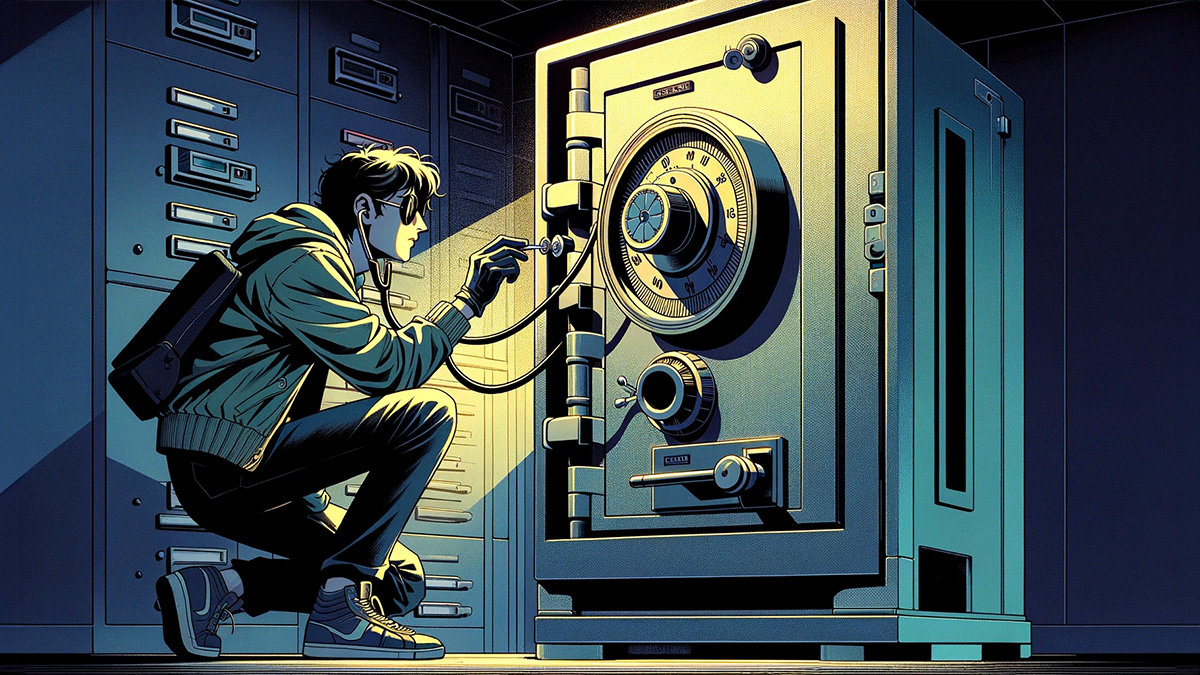Keeping prized possessions neatly stored in safe places is a habit many of us adopt to safeguard our valuables.
Whether it’s heirloom jewelry, important documents, or cash savings, a safe provides a sense of security and peace of mind.
Safes are invaluable for storing precious, confidential, and valuable possessions. They offer protection against theft, fire, and water damage, ensuring that your items remain intact and secure. For example, important documents like passports, birth certificates, and property deeds are best kept in a safe to prevent loss or unauthorized access.
However, relying solely on a safe to protect your possessions may not be as foolproof as you think.
It Isn’t Locked with a Code
Many safes are secured with a traditional key lock rather than a digital code. While keys provide quick access. There is nothing wrong with a key lock. However, if your safe is easily accessible, you can be sure that people would have enough time to force the lock open. Unfortunately, it doesn’t necessarily take a long time for anybody with the right tools to force your safe entry.
Safes locked with keys are also vulnerable to forced entry, as burglars can use tools to pry them open.
The Safe Is Not Tool Resistant
The rating of a safe is crucial in determining its resistance to tools used in break-in attempts. TL (Tool-Resistant) rated safes are designed to withstand attacks from drills, crowbars, and other tools commonly used by burglars. What difference does it make? To put it shortly, a burglar can break into a cheap non TL rated safe in a matter of minutes.
When choosing a safe, you want to look for TL rated safes with a rating that can ensure maximum security.
It’s an Easy-to-Guess Combination
Using common combinations such as birthdays, addresses, or simple numerical sequences like “1234” significantly reduces the effectiveness of a safe’s lock. Burglars can easily guess these combinations through simple trial and error. Instead, choose a combination that is unique and difficult to guess, such as a random sequence of numbers or letters.
You Bought It Second Hand
Purchasing a safe second hand may pose security risks, especially if it’s a key-operated safe. The previous owner could have retained a copy of the key, compromising the safe’s security. Always buy safes from reputable sources and consider changing the lock or combination for added peace of mind.
The Safe Has an Override Code
An override code is a backup mechanism used to open safes in case the primary locking mechanism fails or the code is forgotten. However, if the override code is not properly secured or easily guessable, it can pose a serious security threat. Common override codes like “0000” or “1234” are often targeted by burglars, rendering the safe vulnerable to unauthorized access.
While safes offer a level of protection for your possessions, they are not foolproof against determined burglars or security breaches. By understanding the limitations of your safe and taking proactive measures to enhance its security, you can better safeguard your valuables. Invest in a high-quality safe with advanced security features, choose a unique and secure combination, and regularly inspect and maintain your safe to ensure optimal performance. Remember, when it comes to protecting what matters most, it’s better to be safe than sorry.
